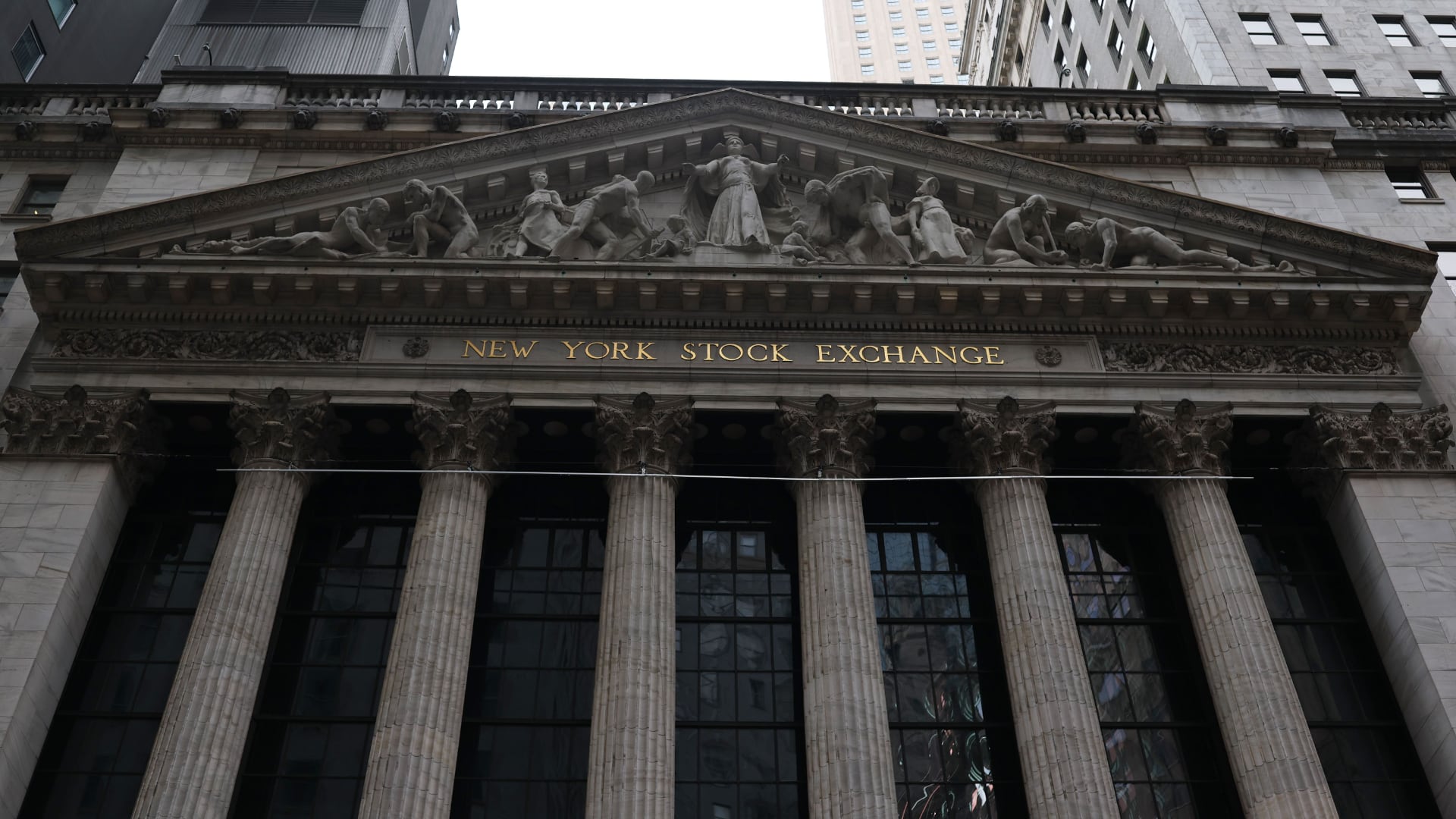Chair Jerome Powell reinforced his belief Wednesday that the Federal Reserve will cut its key interest rate this year but said it first wants to see more evidence that inflation is falling sustainably back to the Fed’s 2% target.
Powell's comments to a House committee largely echoed those he made at a news conference Jan. 31. Since then, however, government reports have shown that inflation picked up from December to January, and hiring accelerated. Those signs suggested that the economy remains hot and that the process of further slowing inflation will likely be uneven from month to month.
But Powell did not express concern about the inflation data. Instead, he noted that according to the Fed's preferred gauge, inflation “has eased notably over the past year” even though it remains above the central bank's target.
On the first of his two days of semi-annual testimony to Congress, Powell also suggested that the Fed faces two risks: Cutting rates too soon — which could “result in a reversal of progress” in reducing inflation — or cutting them “too late or too little,” which could weaken the economy and hiring. The effort to balance those two risks marks a shift from early last year, when the Fed was still rapidly raising its benchmark rate to combat high inflation.
The financial markets are consumed with divining the timing of the Fed’s first cut to its benchmark rate, which stands at a 23-year high of about 5.4%. A rate reduction would likely lead, over time, to lower rates for mortgages, auto loans, credit cards and many business loans. Most analysts and investors expect a first rate cut in June, though May remains possible. Fed officials, after meeting in December, projected that they would cut rates three times this year.
In his remarks Wednesday, Powell offered no hints on the potential timing of rate cuts. Wall Street traders put the likelihood of a rate cut in June at 69%, according to futures prices, up slightly from about 64% a week ago.
The Fed chair’s testimony to the House Financial Services Committee coincides with intensified efforts by the Biden administration to stem public frustration with inflation, which erupted three years ago and has left average prices well above where they were before. President Joe Biden’s bid for re-election will pivot in no small part on voter perceptions of his handling of inflation and the overall economy.
The administration is trying to crack down on what it calls unjustified price hikes by many large companies. Biden recently attacked “shrinkflation,” whereby a company shrinks the contents of a product rather than raise its price. The president has also sought to limit so-called “junk fees,” which in effect raise the prices that consumers pay.
At Wednesday's hearing, some Democrats on the committee called for the Fed to start reducing its benchmark rate soon to help lower mortgage rates and make homes more affordable.
“We need the Fed to start cutting, because like the rent, interest rates are too damn high,” said Rep. Ayanna Pressley of Massachusetts.
On a separate topic, Powell replied to a question by saying the Fed will likely alter a central bank proposal that would toughen bank regulation by requiring the 32 largest banks to hold additional capital — assets similar to cash — against potential lending losses. The biggest banks have criticized the proposal, released last summer, arguing that it would force the banks to reduce lending and would slow the economy as a result.
“I do expect there will be broad and material changes to the proposal,” Powell said. “I’m confident that the final product will be one that does have broad support both at the Fed and in the broader world,” he added, acknowledging that some Fed officials opposed the proposal when it was first released.
Just before the hearing, Republicans on the committee denounced the proposed rule and urged the Fed to withdraw it. Powell said the central bank would consider pulling it and re-issuing an amended version.
“Given the impact that the flawed proposal would have on the banking industry and the American economy, your agencies must provide greater clarity on what your plans are moving forward,” said the letter, signed by Rep. Patrick McHenry of North Carolina, the chairman of the committee, and its 28 other Republican members.
Overall inflation has steadily cooled, having measured at just 2.4% in January compared with a year earlier, according to the Fed’s preferred gauge, down from a peak of 7.1% in 2022. Yet recent economic data have complicated the picture and clouded the outlook for rate cuts.
Under questioning at the hearing about what more evidence the Fed needed to feel confident that inflation is coming under control, Powell said the policymakers want to see further data similar to what was reported in the second half of last year. Over the past six months, prices have risen at a 2.5% annual rate, not far above the Fed's target.
“We don't want to have a situation where where it turns out that the six months of good inflation data we had last year didn’t turn out to be an accurate signal of where underlying inflation is,” he said.
The Fed chair added that with the economy healthy and unemployment low, “we think we can and should be careful” in deciding when to cut the central bank's benchmark rate.
Powell also underscored that the Fed's policymakers believe they are done raising rates, which are likely high enough to restrain the economy and inflation. He stressed that the Fed's rapid rate hikes in 2022 and 2023 haven't led to higher unemployment. And under questioning, he added that he foresees little chance of a recession, which a year ago was widely predicted by most economists.
“There's no reason to think the U.S. economy is in some kind of short-term risk of falling into recession,” Powell said.













